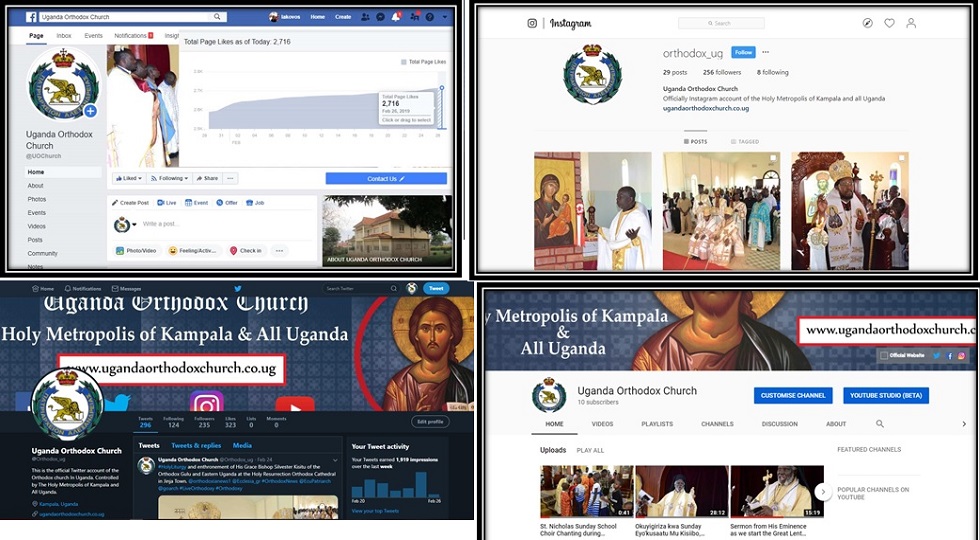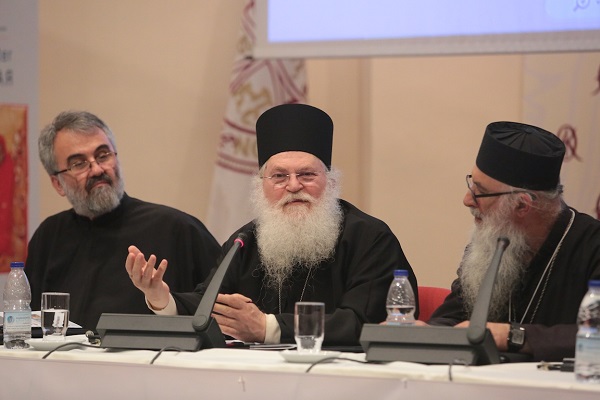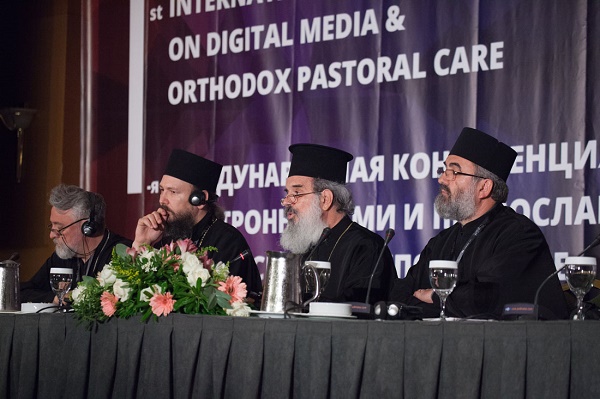The human being as it is today is a being divided between our usual, actual world and the world created in virtual and digital practices. The part of human existence belonging to the virtual/digital world steadily grows. Virtual and digital practices more and more determine the human constitution and social life so that the human turns into a new anthropological formation, the Virtual Human. Fresh news: Russia plans to establish the Ministry of Virtual Reality. Thus it is high time for Orthodox theology to shape its conception of the virtual/digital world and define its position to the global trend of the virtualization of reality. In my talk I shall try to outline basic principles of the Orthodox approach to this world. They are mostly known to people working in this field; my goal is not to discover new truths but systematize and assess the gained experience in order to make it available to wider Christian audience.
…
Theological approach to the virtual/digital world must solve several big problems, both theoretical and practical. First of all, this world must be introduced into the orbit of theological discourse, its objects and phenomena must be given an interpretation in the framework of Orthodox theology. Then these phenomena must be appraised on the basis of Orthodox anthropology and personology, personal and social ethics. This is a key problem field.
We must study anthropological and social implications of the virtualization of reality and find out, in the first place, which changes of structures of personality and identity arise in virtual and digital practices, and how these changes affect the economy of the God-man relationship. Basing on this study one can appraise the practices under consideration classifying them according to their significance for Christian life and singling out those which are destructive for the God-man relationship. In this work Orthodox theology should perform a kind of expertise of virtual and digital practices similar to the ecological expertise of environmental practices. It means that theology of the virtual world can be considered as a part of integral ecology, a new discourse representing the union of usual environmental ecology and “ecology of man” which must protect the integrity of the human being guarding especially spiritual dimensions of human existence and relying on ascetic practices. In the framework of integral ecology, theology of the virtual world becomes one of principal domains of the integral ecological expertise.
The first principle of the theological expertise is as follows: any entry to the virtual world can harm man’s communion with God since all virtual practices as such break the integrity and wholeness of the human being. The main sphere of the expertise is virtual anthropology. I propose a working method of the analysis of virtual and digital practices in their anthropological, ethical and spiritual dimensions.
Classifying the practices by their increasing distance from the constitutive practice of Christocentric communion this method arranges all their set into a ladder structure, the steps of which correspond to the increasing depersonalization: in contrast to the Hesychast Ladder of the ascension to the theosis, it is the anti-ladder of the descent to the depersonalization.
Each step of the anti-ladder is a certain type of virtual/digital constitution and identity defined by certain defects of personal structures. The parallel process to the depersonalization is the de-ethicization so that each step is also characterized by certain defects and deviations of ethical behavior. The expertise of any particular practice amounts basically to its localization at a definite step of the anti-ladder. As an example, main types of virtual/digital personal structures will be described focusing on their religious aspects; it will be shown how the virtualization (and especially the adoption of false names or “nicks”) affects ascetic and prayer practices.
The theological expertise must also develop strategies of the Christian counteraction to the destructive effects of the virtualization. This task demands the selective approach taking into account that virtual and digital practices possess also the considerable positive potential radically extending possibilities of the pastoral help and preaching, charity, mutual aid, volunteer activity. What leaders of the Orthodox ecclesiastic and monastic community recommend is not the rejection but the selective and restrictive use of virtual/digital practices following the patristic paradigm chresis-parachresis, according to which everything in our fallen world is not evil in itself but is open to good as well as evil usage. This balanced “strategy of the minimization” is another basic principle of Orthodox theology of the virtual world.




